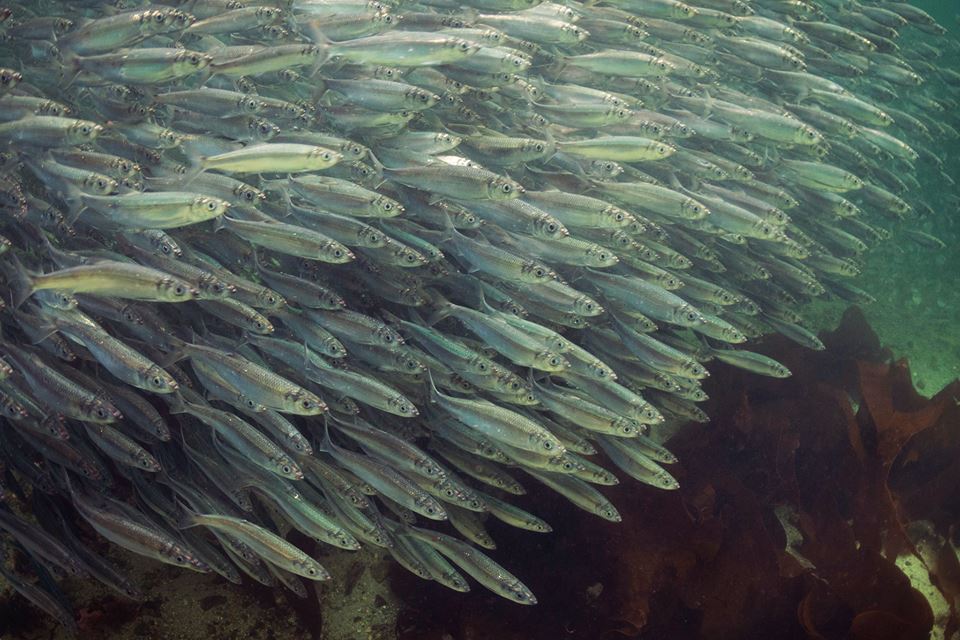A We Wai Kai Councillor is throwing his support behind the Salish Sea herring fishery.
In a letter to federal fisheries minister Bernadette Jordan, Area B fisher Ted Assu said that coastal herring commercial fishers may face a risk of being put out of business.
Assu, who is also a director with the A-Tlegay Fisheries Society, said this is due to the “unsanctioned threat to the continued optics of the hysteria-driven commentary circulated in the media and via other means to the public, by certain environmental advocacy groups.”
“While I appreciate the concern for the state of some local species, these concerns need to be supported by sound science and a precautionary risk-based approach,” he said in the letter.
Last month, an E-Petition went live on the House of Commons website, calling for the suspension of the provincial herring fishery.
It’s calling on the Government of Canada to:
- Suspend the 2020 Salish Sea herring fishery until a whole ecosystem plan is developed;
- Fairly compensate fishers for economic losses; and
- Ensure that decisions are made with the full participation of First Nations and local communities.
The petition also says that:
- the Department of Fisheries and Oceans (DFO) announced that the Pacific herring population dropped by approximately one-third between 2016 and 2019, and will drop by more than 50 percent by 2020;
- The unexpected drop in the herring population has led to overfishing of existing stock;
- Pacific herring is the basis of the food web that supports salmon, killer and humpback whales, cod and halibut, seabirds and other independent species on the Pacific Coast; and
- First Nations have constitutionally protected rights to herring which are an important food source and an integral part of First Nations cultures.
However, Assu contends that after reviewing and considering the science information and precautionary risk-based approach used to date for which the forecast TAC is based, he supports the herring roe fishery 2020 pre-season plan.
He added that the DFO must continue to assess and gauge the feasibility of the fishery leading up to the fishery “and of course rely on the pre-season and in-season data to react to the fishery management in-season.”
Assu said the Strait of Georgia herring stock is in the “Healthy Zone” and is risk-managed under the Sustainable Fisheries framework, using the conservative-based MSA stock assessment model.
He added that the “hysteria is driven by an ignorant assumption that saving herring will save chinook salmon for consumption by southern resident killer whales.”
“This is over simplified and is a complete disregard for the understanding of ecosystems and predator/prey relationships within complex food web interactions and the multitude of threats contributing to the survival of Chinook salmon and southern resident killer whales.”
Assue said people’s livelihoods and sustainability of culture depend upon commercial fisheries.
“I trust that the department will hold its ground and continue to manage this fishery based on science, because my family’s livelihood depends on it,” he wrote to Jordan.
To read the letter in full, click here.




